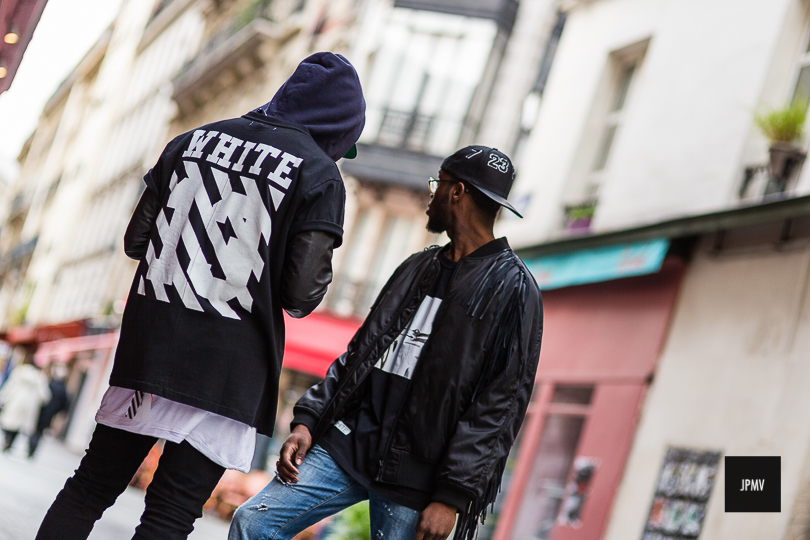In the ever-evolving world of fashion, few brands have captured the zeitgeist quite like Off-White. Founded in 2012 by the late visionary designer Virgil Abloh, Off-White carved out a unique space in the industry by fusing street culture with the polished aesthetics of high-end fashion. The result? A brand that’s as likely to be seen on the runway as it is in music videos, skate parks, and Instagram feeds.
The Birth of a Cultural Phenomenon
Off-White was born out of Abloh’s deep understanding of art, architecture, and urban culture. A trained architect and longtime creative collaborator of Kanye West, Abloh launched the brand with a simple idea: to create a dialogue between streetwear and luxury. The name "Off-White" itself symbolizes that space — not quite black, not quite white — but somewhere in between. It’s a metaphor for the grey area where contemporary youth culture lives.
The brand quickly became known for its distinctive use of quotation marks (“SHOELACES,” “FOR WALKING”), industrial belts, zip ties, and bold diagonal stripes. These elements weren’t just design quirks — they were part of a visual language that challenged the way we think about branding, ownership, and originality.
Streetwear Meets Runway
What set Off-White apart from other streetwear brands was its rapid ascent into the luxury fashion world. In 2015, it was a finalist for the prestigious LVMH Prize, signaling that the fashion elite were taking notice. Off-White soon made its way onto high-fashion runways, collaborating with iconic brands like Nike, IKEA, Moncler, and even Louis Vuitton — the last of which eventually hired Abloh as its artistic director of menswear in 2018.
Off-White was no longer just a clothing label; it became a global movement. It appealed to skaters and sneakerheads, rappers and runway models, art students and CEOs. The brand symbolized aspiration, disruption, and a rethinking of what fashion could be.
More Than Just Hype
While Off-White is often associated with “hype culture,” there’s depth beneath the buzz. Abloh approached fashion as a conceptual art form. His designs often carried subtle commentary on consumerism, race, and cultural appropriation. He famously said that his goal was to “make streetwear luxury and make luxury streetwear.” That mission lives on in every Off-White collection — even after his passing in 2021.
Today, the brand continues to innovate and evolve under the artistic leadership of new creatives, maintaining Abloh’s legacy while pushing into new territory. Off-White remains a staple in pop culture, worn by celebrities like Rihanna, Travis Scott, Bella Hadid, and the late Virgil Abloh himself.
Final Thoughts
Off-White isn’t just a brand — it’s a mindset. It’s about defying expectations, blending worlds, and finding meaning in the “in-between.” Whether you’re drawn to its aesthetic or its cultural significance, Off-White stands as one of the most influential fashion brands of the 21st century — a true reflection of the hybrid world we live in.










 (1).png)
.png)





.jpg)
.jpg)




